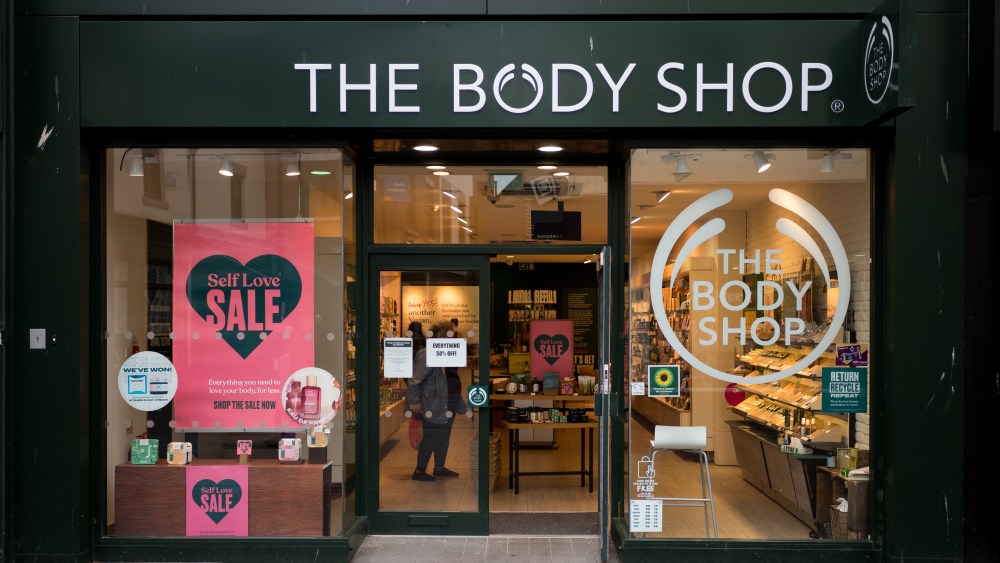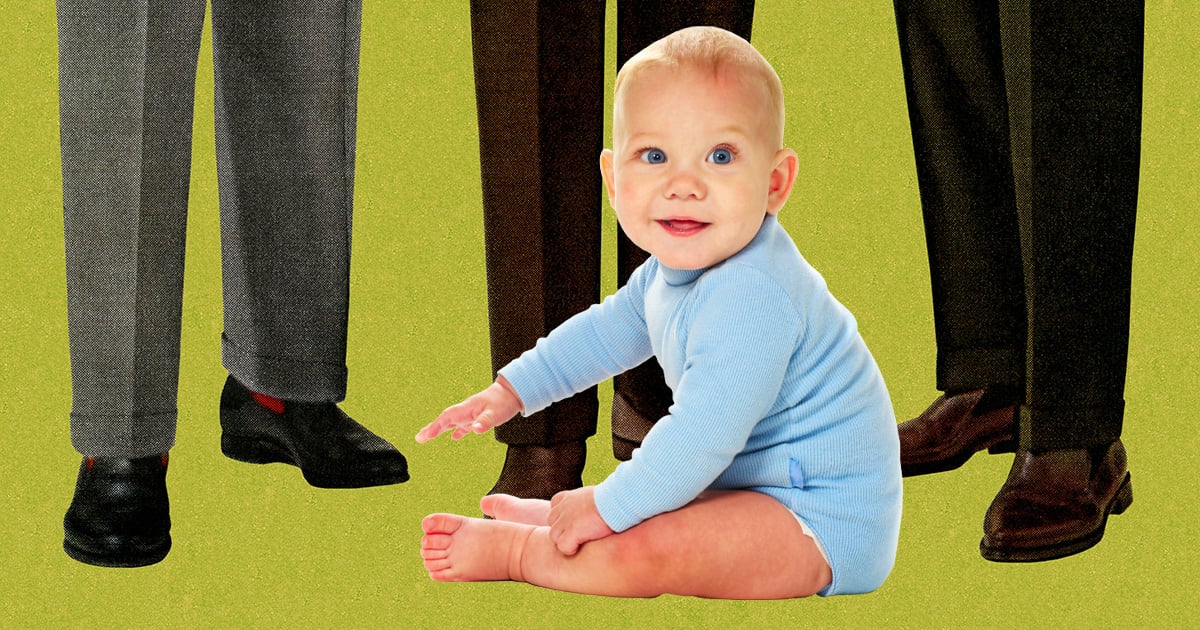LONDON — The Body Shop could have a new owner by the end of June after the deadline for bids set by the company’s U.K. administrators, FRP Advisory, closed earlier this week.
FRP had originally planned on a CVA, or Company Voluntary Agreement, which would have seen The Body Shop exit administration, and return to trading, with creditors paid over a fixed period.
That plan didn’t work out, so FRP pivoted to a sale process. Potential owners have now submitted their bids for all or parts of The Body Shop International, which has 112 stores and various subsidiaries worldwide.
You May Also Like
The names of the bidders could not be learned. However, it is understood that Aurelius, which purchased The Body Shop in late 2023 and placed the company into administration three months later, is not among them.
Potential buyers could include Marks & Spencer and Next plc, both of which have large, third-party ecommerce platforms and robust beauty businesses.
Next plc, in particular, specializes in buying or striking deals with companies that have shut down or filed for bankruptcy in the U.K. such as Gap, Victoria’s Secret, Laura Ashley and Cath Kidston.
FRP declined to comment. WWD has reached out to Aurelius for comment.
A source familiar with the administration process said the overarching goal “is to get The Body Shop out of administration as soon as possible, and to secure the best outcome for the creditors.”

FRP said in a statement it remains “encouraged by the level of interest received to date from interested parties. The Body Shop remains an iconic brand, and following the structural changes we have made to the business since our appointment, we consider it has a viable future.”
Aurelius, the largest secured creditor, placed The Body Shop into administration in February, claiming it could not turn the business around fast enough given weak trading over the 2023 holiday season and the cost-of-living crisis in the U.K.
The argument was similar to what Mike Ashley’s Frasers Group said when it placed Matches into administration less than three months after buying it late last year.
Although both moves were legal per U.K. law, they left consumers, and the wider retail industry, scratching their heads. People wondered why Aurelius and Frasers Group bought their respective brands, and what sort of due diligence they conducted.
At The Body Shop, the international picture is complex. Some of the stores are run by subsidiaries, which are part of the U.K. sale. Others are franchises, some of which are operating. Others stores have shut down.
As reported, just before placing The Body Shop into administration in the U.K., Aurelius signed an agreement to sell most of The Body Shop businesses in mainland Europe and parts of Asia to an international family office.
The part of the activity affected was equivalent to about 14 percent of The Body Shop’s business worldwide. At the time, the company operated around 2,800 retail locations in more than 70 countries.

Meanwhile, operations in the U.S. have shut while the Canadian business has been restructured. The online business continues to operate.
The Body Shop, once a pioneer of clean, environmentally friendly beauty, saw its fortunes slowly decline following the death of its founder Anita Roddick in 2007.
She and her husband Gordon Roddick had already sold the-then publicly quoted business to L’Oréal in 2006, and in recent years The Body Shop has moved from owner to owner with no one figuring out how to nurture it and equip it to compete in the 21st century.
In 2017, when Natura & Co. purchased The Body Shop from L’Oréal at a valuation of $1.1 billion, it had good intentions. But it also had organizational and profitability worries, and didn’t really do much with the once-revolutionary British brand.
Just five years later, in November 2023, Natura would go on to make a fateful decision, selling The Body Shop to Aurelius for an enterprise value of $254 million, roughly one-quarter of its original purchase price.



